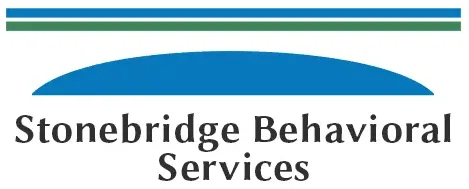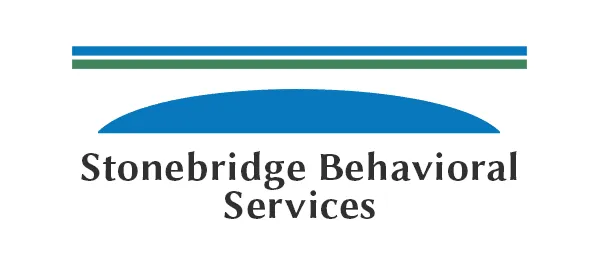OPEN ENROLLMENT FOR 2-5 YEAR OLD’s DAY PROGRAM! Call Today! 508.287.8692
A cognitive disorder or impairment (also known as an intellectual disability) is a term used when a person has certain limitations in mental functioning and in skills such as communication, self-help, and social skills. These limitations will cause a child to learn and develop more slowly than a typical child. It is diagnosed through the use of standardized tests of intelligence and adaptive behavior. It can be caused by injury, disease, genetic condition, or a brain abnormality. This can happen before a child is born or during childhood. For many children, the cause of their intellectual disability is not known.
How will this affect my child?
Children with intellectual disabilities may take longer to learn to speak, walk, and take care of their personal needs such as dressing or eating. They are likely to have trouble learning in school. They will learn, but it will take them longer.
Signs of cognitive impairment in children include:
Delayed motor skills, like walking later than other children
Delayed speech or difficulty speaking
Difficulty learning at grade level
Poor memory
Difficulty understanding consequences
Poor problem-solving skills
Difficulty with social rules
Lack of age-appropriate self-help skills
Cognitive impairment can be caused by a number of factors, including injury, disease, genetic conditions, or brain abnormalities. For many children, the cause is unknown.
Cognitive impairment is diagnosed through standardized tests of intelligence and adaptive behavior.
Treatments
At Stonebridge Behavior Services, early intervention and consistent support can help your child thrive. While there is no cure for intellectual disability, our programs and services and at your child’s school can help your child learn at his or her own speed and gain the skills he or she needs to lead a satisfying life. Yet, your child may require services such as speech or occupational therapy, special education and transition care as he or she gets older.
Key Points to Remember
Children with intellectual disabilities have limits on how much they can learn and function. They may be slower to learn, speak, walk and adapt to social situations than other children.
With an accurate and early diagnosis, your child can make better strides to a satisfying life.
There is no cure for intellectual disability, but your child can benefit from many resources available in your community as well as from strong support from all caregivers.
Get Started Today!
In-Home and Center-Based Evaluation and Treatment Available in Southeast Massachusetts
Phone:
(508) 287-8692
| Fax:
(508) 591-7886
Email:
gordon@stonebridgeaba.com
Stonebridge Center: 20 Winter St., Pembroke, MA 02359
Business Hours:
- Mon - Fri
- -
- Sat - Sun
- Closed

